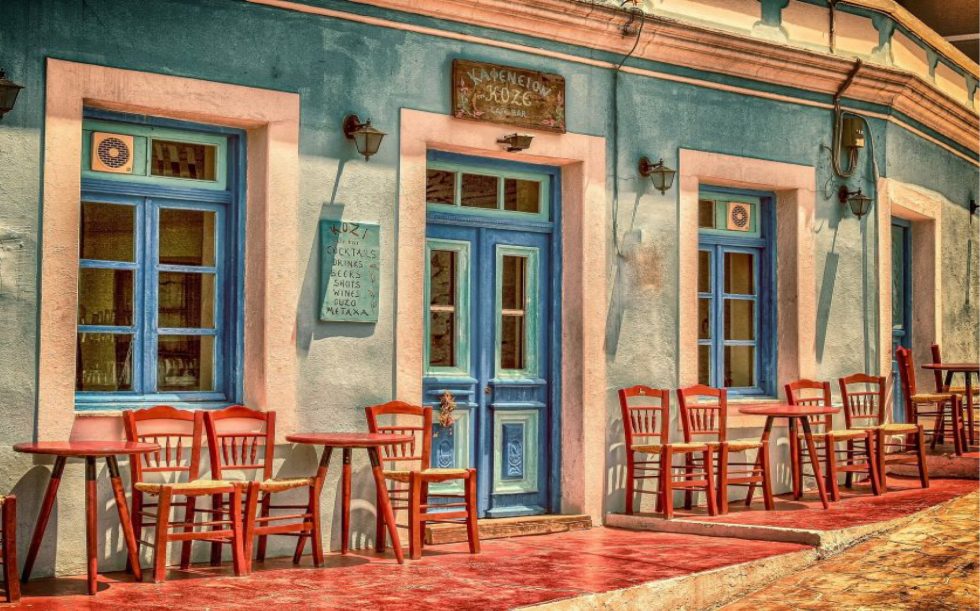I usually jealously guard the books I read. And if they’re not mine, I try to buy them.
Because, once read, a good book becomes part of you. Directly or indirectly, by reaction or adhesion, partially or totally, it enters your blood and head. Adding to the infinite layers of experience that form your acquired consciousness. It’s part of your identity and you can’t let it go.
Surely, like when you dig into an old memory, someday you will want to leaf through it, contemplate it again, understand it better. And chances are you’ll notice something different about him, which may not have impressed you before. I think I was in London when I found this book in my hands, the title or author of which I don’t remember. And I think I borrowed it from an architect friend who, at the time, was working in the UK. I have always been hungry for knowledge and other lives. I’ve always been curious. And that was perhaps the first text that brought me closer to the subject.
Understanding architecture through rhythm, aesthetics through the heartbeat. These are the concepts that I have somehow retained. Perhaps basic concepts for those in the trade, fascinating for those who simply love to contemplate things. Buildings and spaces, like music, have rhythm. Think of the high tones suggested by Gothic cathedrals and the low tones whispered by Romanesque monasteries. Think of the regularity of sound that inspires ancient Greek temples, where the distances between columns seem to almost sound to the rhythm of the heart.
Poor construction bothers us aesthetically as much as annoying noise. One for the eyes and one for the ears, but both for the same reason: they lack rhythm, melody or grace.
We visit the great cities of art, admire extraordinary natural landscapes and also appreciate harmony in homes, as in music. Empty spaces and filled spaces, colors like notes: whoever designs spaces is, in his own way, a composer. We walk surrounded by beauty and we can feel the feeling of well-being that it provokes inside us. While decadence calls decay, beauty calls beauty.
Destroying beauty is a bit like destroying life. Because balance, elegance, harmony are concepts that in turn probably come from within: from the regularity of the heartbeat of our vital organ and from the wonderful “heterogeneous repetition” of nature and its laws.
We project our interiority to the world through architecture and decoration. Our goal is external harmony as well as internal harmony. And the two levels reveal a deep connection in daily life.
Emmanuel Raffaele Maraziti

